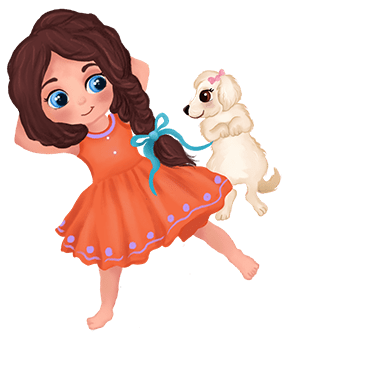Tips for Choosing Age-Appropriate Books: A Guide for Parents
Understanding Your Child’s Developmental Stage
The first step in choosing age-appropriate books is understanding your child’s developmental stage. Children develop at different rates, and their reading interests and abilities will vary accordingly. However, there are some general guidelines that can help you select books that are appropriate for your child’s age and stage of development.
Infants and Toddlers (0-2 years old): At this stage, children are still developing language skills and are just beginning to explore books. Look for books with simple, colorful illustrations and sturdy pages that can withstand rough handling. Board books and cloth books are great options for this age group.
Preschoolers (3-5 years old): Preschoolers are developing a love of stories and are beginning to understand basic concepts like colors, shapes, and numbers. Look for books with simple, repetitive text and engaging illustrations that will capture their attention.
Early Readers (6-8 years old): As children become more confident readers, they will enjoy books with more complex plots and characters. Look for books with short chapters and larger fonts to help ease the transition to independent reading.
Middle-Grade Readers (9-12 years old): Middle-grade readers are ready for more complex and nuanced stories that explore deeper themes. Look for books with longer chapters and more complex vocabulary to challenge their growing reading skills.
Choosing Engaging and Educational Books
Once you have an understanding of your child’s developmental stage, you can begin selecting books that are both engaging and educational. Here are some tips to keep in mind:
Look for books that reflect your child’s interests. Children are more likely to engage with books that feature characters or topics they find interesting. Whether your child loves dinosaurs, princesses, or outer space, there are books available that will capture their imagination.
Consider the reading level. While it’s important to choose books that are appropriate for your child’s developmental stage, it’s also important to consider their reading level. Children may be able to read books that are above their age level, but they may struggle with the content and lose interest. Consider the complexity of the vocabulary, sentence structure, and plot when selecting books.
Check reviews and recommendations. Reading reviews and recommendations from other parents and educators can be a helpful way to narrow down your choices and find books that are both engaging and educational. Online bookstores like Amazon often have customer reviews, and there are many blogs and websites dedicated to reviewing children’s books.
Consider the illustrations. The illustrations in a book are just as important as the text, especially for younger children. Look for books with colorful, engaging illustrations that will capture your child’s attention and help them follow along with the story.
Choose books that promote diversity and inclusion. Reading books that feature characters from diverse backgrounds can help promote empathy and understanding in children. Look for books that feature characters from different races, ethnicities, religions, and abilities.
In conclusion, choosing age-appropriate books for your child can be a fun and rewarding experience. By understanding your child’s developmental stage and interests, and taking into account factors such as reading level, illustrations, and diversity, you can select books that will capture your child’s imagination and help them develop a love of reading. Remember that every child is unique, and what works for one child may not work for another. Experiment with different books and styles until you find what works best for your child. With these tips in mind, you can foster a lifelong love of learning and reading in your child.



